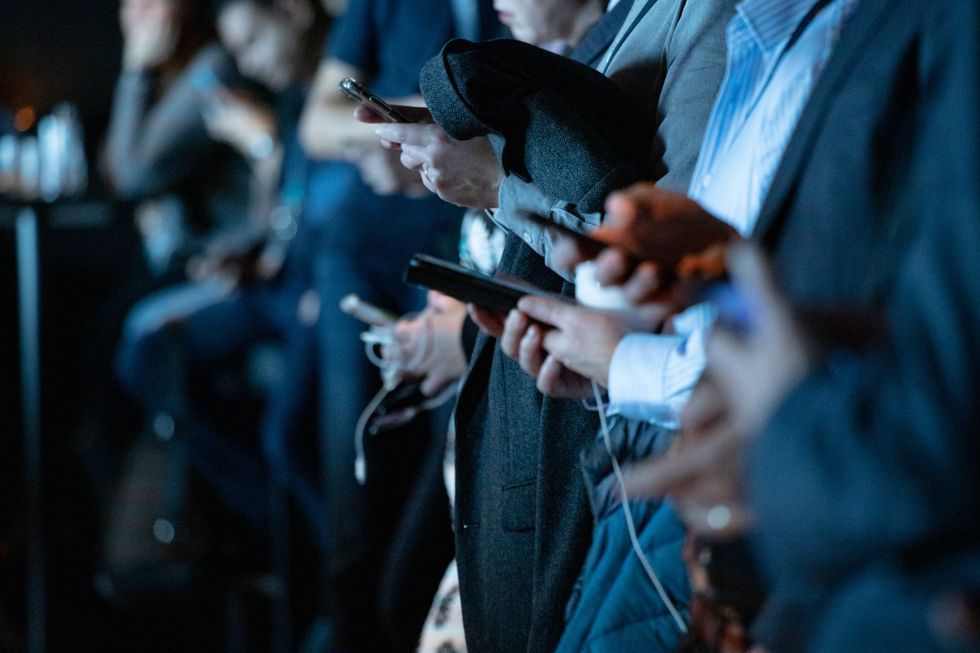We are living through, unequivocally, one of the most dangerous, unstable, chaotic periods of any of our lives. From COVID-19 to crises of police brutality to the mass exploitation of the poor by mega-corporations, the world outside seems to be looking more dystopic every day. What can be done about it? For many, activism involves heavily posting on social media to keep others aware. However, this comes with a net negative cost — increased levels of anxiety, depression, and hopelessness about the state of the world. Why might this be? After all, in past eras activists have endured comparable and greater levels of abuse and relentless torment from oppressors. Why, now, are people getting so easily burnt out?
One analysis by video essayist Sarah Z explores this specific topic quite well. In her video Rise of the Doomer: Why So Many People are Giving Up, she explains that the biggest component of this problem comes from a mix-up in our brains. See, in the past, activists were able to easily separate leisure time from activism time. Now, with current practices on social media, we are expected to be in both modes constantly and to switch at a moment's notice. Our brains turn to social media as they have been conditioned to — for a quick hit of dopamine, and then to return to whatever it was we were doing. When we're expecting that feel-good chemical and instead are hit with rising COVID deaths, crises in foreign countries, and a dying planet. It's easy to see how this could cause some problems to a malleable mind, especially in young people whose brains haven't quite finished developing yet.
Additionally, fear-mongering is abundant on social media, on all sides of the political spectrum. Tweets from the right proclaim an end to all civil liberties, while tweets on the left presume doomsday scenarios in the near future. For example, on my Twitter feed, I often see wildly hysterical tweets proclaiming that "the world will end in 12 years if we don't stop climate change" which has been proven to be equivocally untrue by climate scientists the world over. In fact, this kind of all-or-nothing mentality makes it harder to get people to join in the fight against ecological destruction. After all, if we're all going to die, why bother fighting at all?
Overall, I'm not sure if I can say whether social media is a net positive or negative in the world. But I can say that you should probably take a break if it's got a hold on you like it did on me.









































